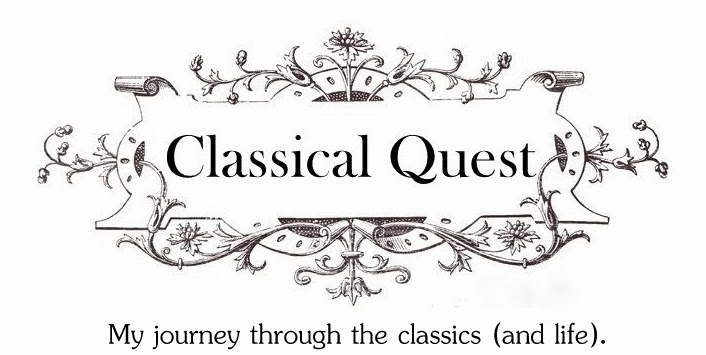Dear Friend,
It's 2:20AM. There's a splendid thunderstorm going on. Inside, my house is deliciously silent. We're tucked into the side of a hill, like a ship run ashore. I'm enjoying the view from my husband's office. His large bay window is the prow.
School starts tomorrow for my oldest three kids. The last several days have been noisy and exciting --
Go! Go! Go! -- back to school preparations and a birthday party to boot. The wonderful pulse of life that comes with a large family has lately felt like a marathon for my nerves.
Waking during the night can be blissful, though I'll likely suffer for it tomorrow, especially if the baby won't take a nap. For now though I feel too refreshed and focused to sleep. Maybe insomnia is not something I should battle. Maybe --
like my unusual heart beat --
it's just me.
If your night's sleep is often broken into segments with a mid-night interval, you will appreciate
this article. Some of us heed the sound of an ancient ancestral chime. Or something.
Anyway, when I woke up tonight I decided not to be frustrated with myself.
Carpe noctem!
I recently picked up
Montaigne's
Essays again. Click
here to read a short post I wrote two years ago in which I compare reading
Essays to paying a visit to my rich, quirky uncle (who happens to live in a
chateau).
Montaigne is considered the Father of the Essay, so I suppose this also makes him Patron Saint of Bloggers. He's quite an engaging person to know. No topic is off limits.
Our life is part folly, part wisdom. Whoever writes about it only reverently and according to the rules leaves out more than half of it.
But fair warning: rarely does Montaigne stick to his point. He's all over the place! Reading him feels like partaking in a conversation full of delightful rabbit trails. I love him for this. He likes to go deep, but we can also talk candidly about stuff like bodily functions. We can ramble a bit, then go on with what we were first discussing. Or not.
I'm sure I'd grow weary of other writers for using his method, but it works for him. I expect this randomness out of him, I suppose. And because he's the first true essayist, I feel like this gives
me permission to loosen up a little and just blog what's on my mind. As I've mentioned before, I've found if I wait until I have time to make my posts tidy I end up going long stretches without blogging anything.
I also believe reading
Essays is good for
my depression. Montaigne is so much more rational than me! I tend to experience an exhausting array of peaks and valleys of emotion. In "On Sadness," he gives examples of people who are seized by a sadness in a "deaf, speechless stupor." Others "languish for love" or even "die of happiness." As for Montaigne --
Violent emotions . . . have little hold on me. By nature my sense of feeling has a hard skin, which I daily toughen and thicken by arguments.
In one segment of "On Sadness" I wrote a question mark in the margin:
We cannot display our grief or our convictions during the living searing heat of the attack; the soul is then burdened by deep thought and the body is cast down, languishing for love. That is the source of the occasional impotence which sometimes comes so unseasonably upon men when making love, and of that chill produced, in the very lap of delight by excessive ardour.
Just a question mark. Because this was new information for me. (No one need comment with personal examples of experiencing untimely impotence due to excessive ardor! But see what I mean?This is one example of territory that is fair game for our host to discuss.) He wraps up his comment on impotence with some level-headed advice for life in general:
For pleasures to be tasted and then digested they must remain moderate: Curae leves lonquuntur, ingentes stupent. [Light cares can talk: huge ones are struck dumb.]
I depart from this visit to the chateau , feeling a little calmer, more steady, and rational. I'm smiling, actually. When calling on Montaigne, I must leave my hysterics at the door.
Moderately yours,
Adriana :-)














